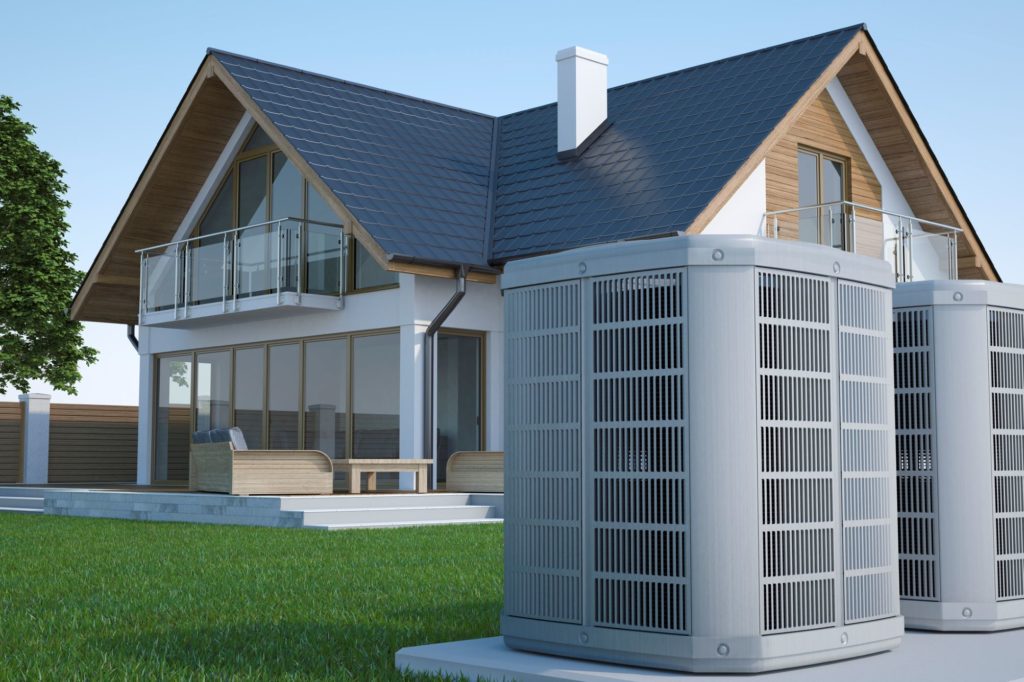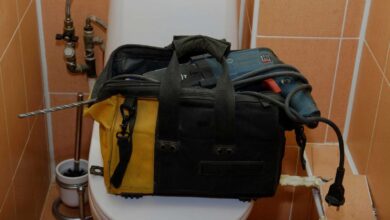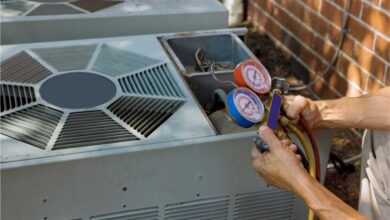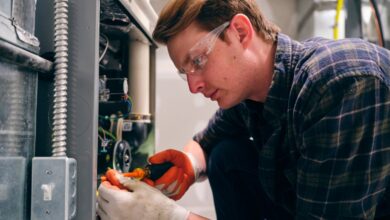Why Heat Pumps Struggle in the Texas Heat

San Antonio, TX can experience some extreme heat waves during the peak of the summer season. As your heat pump is subject to intense demand, it’s more likely to experience a failure than during normal weather conditions. Below, we’ll explain why your heat pump may struggle and how to spot the early warning signs to that you can receive prompt repair service.


Why Operating in Texas Adds Stress to Your Heat Pump
There are a few reasons that heat pumps struggle more often in the Texas atmosphere than in other areas throughout the country. Texas tends to experience days of triple-digit temperatures with warm nights. This leads your heat pump to run around the clock to combat the high temperatures.
As the temperatures outside increase, your heat pump struggles to disperse the heat it extracts from inside your home to the outdoors. For example, your heat pump will be able to disperse more heat when the temperature is 80 degrees outside compared to when it soars to 100 degrees.
Humidity levels commonly skyrocket during the worst parts of the summer. Your heat pump can struggle to adequately dehumidify your home to keep it at a comfortable temperature, leaving you feeling sticky and hot. This can cause you to turn the temperature down on your thermostat in an effort to feel cooler, further overworking your air conditioner.
Key Signs That Your Heat Pump Is Struggling
You need to watch for key signs that your heat pump is working too hard. One of the most obvious is that your system runs all day long and never reaches the temperature you have set on your thermostat. Your indoor air may feel clammy due to high humidity even when the temperature says it’s cool. You may notice a dramatic spike in your energy bills, too.
Repairs vs. Replacement
When you spot one of the early warning signs above, call us promptly for heat pump repair. We offer fast repairs for homeowners throughout the entire San Antonio area to ensure you always have professional assistance when you need it most. When it comes to routine problems like low refrigerant level, dirty coils, or a faulty thermostat, repairs will usually take care of them.
However, if the issue lies with an improperly sized heat pump, or your heat pump is just getting older and becoming less efficient, it may be time to think about replacing it. Most household heat pumps have a lifespan of 10 to 15 years since they provide both home heating and cooling for all year-round comfort.
If your heat pump is past the end of its warranty coverage and in need of repair, you may want to consider replacing it with a more efficient appliance. In general, we recommend replacing your heat pump if the cost of repairs equals half or more of the cost of purchasing a brand-new one.
Tips for Preventing Problems
Because the Texas weather puts a big strain on household heat pumps, it only makes sense to be proactive in setting your heat pump up for the best possible chance of success. One of the most important things to consider is an annual inspection. One of our technicians will come out early in the spring to prep your heat pump for the upcoming summer. This will ensure that it’s operating as efficiently as possible, keeping your energy bills in check.
You should be checking the air filter for your heat pump every couple of weeks. Anytime the filter is too dirty to see through, it’s time to replace it or clean it, depending on the type of filter you have. A dirty air filter can greatly decrease the performance of your heat pump, contributing to excessive strain. Also, be mindful of your outdoor condenser, and remove any debris that accumulates next to it. Be sure to trim back any shrubbery or other greenery that is within a couple of feet of the unit.
Reliable Heat Pump Repair Service
Damiani’s Comfort Design offers reliable heat pump repair service for the San Antonio, TX area. We can also help with all your heat pump maintenance, replacement, and installation needs.
Contact our helpful team today to book your next service appointment with one of our experienced technicians.




